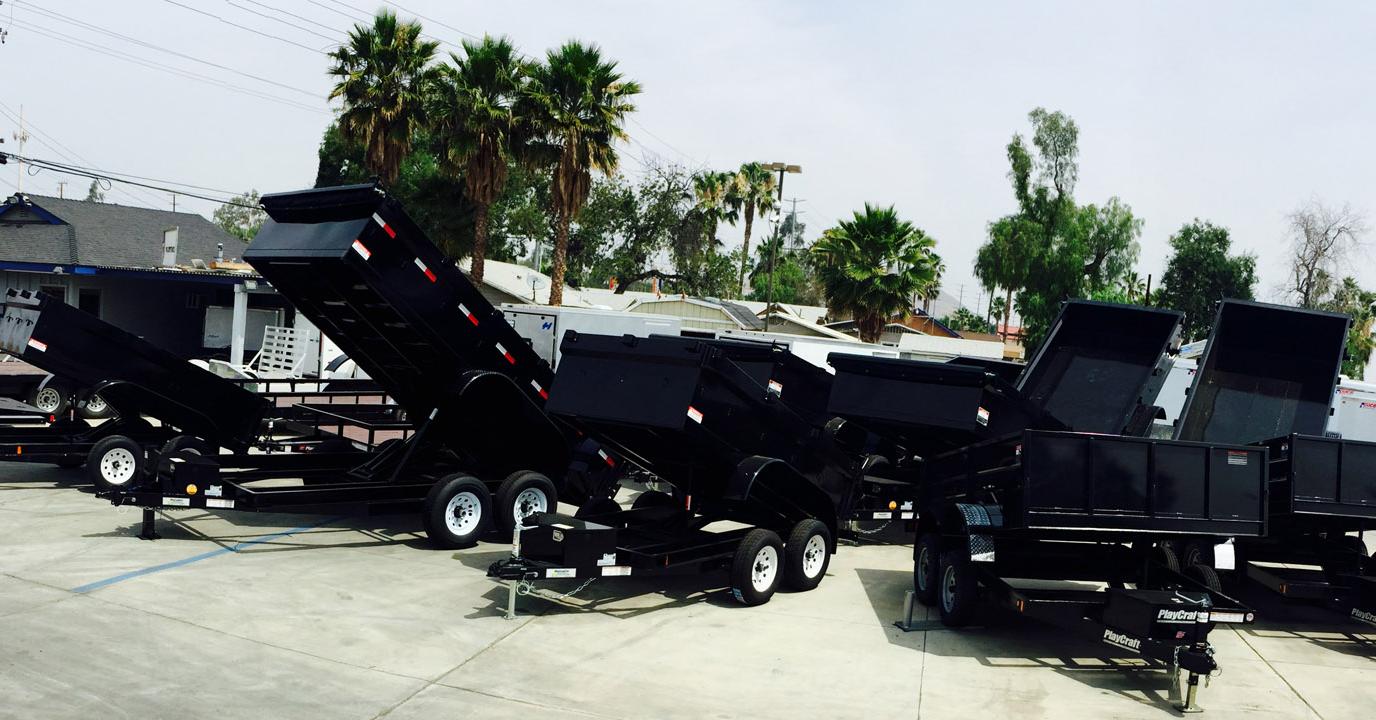When purchasing a dump trailer, you should consider several essential factors to ensure you make the right choice for your specific needs. A dump trailer can be a valuable addition to your equipment fleet, whether you’re using it for construction projects, landscaping, agriculture, or waste disposal. The internet has revolutionized how people shop, making it effortless to browse various items and their specifications from the comfort of your home before making a purchase. For example, if you want to buy a dump trailer, click here to explore numerous options. This buying guide will explore the key elements you need to keep in mind before making a purchase, helping you find the perfect dump trailer that meets your requirements.
Payload Capacity
The trailer’s payload capacity is one of the first factors to consider. This refers to the maximum weight the trailer can carry, including the weight of the trailer itself. To determine the ideal payload capacity for your needs, consider the type of materials you’ll be transporting regularly and ensure the trailer’s capacity exceeds that weight.
Trailer Size
The size of the trailer plays a crucial role in its functionality. Choosing a size that complements the capacity you require is essential without being too cumbersome or difficult to maneuver. Additionally, consider the dimensions of the dumping area, as this will impact how efficiently you can load and unload materials.
Dumping Mechanism
Dump trailers come with various mechanisms, such as telescopic lifts, scissor lifts, and hydraulic cylinders. Each mechanism has its advantages, so evaluating which one aligns best with your operational requirements is essential. Hydraulic cylinders are generally preferred for their ease of use and reliability.
Trailer Construction
The construction of the trailer is crucial for its durability and longevity. Look for trailers made from sturdy materials, such as steel or aluminum, to ensure they can withstand heavy loads and harsh environmental conditions. Pay attention to the quality of welding and overall craftsmanship for a robust and reliable trailer.
Tires and Axles
The tires and axles are essential components that impact the trailer’s stability and load-bearing capacity. Opt for trailers with high-quality tires and axles, and ensure they can handle the weight you intend to carry regularly. Additionally, consider the type of terrain you’ll be navigating to choose appropriate tires and axles for the job.
Braking System
A reliable braking system is crucial for safe towing and handling. Depending on the size and weight of the trailer, you may need electric brakes or surge brakes. Electric brakes are generally favored for larger dump trailers, offering more control and stopping power.
Hitch Type
Selecting the right hitch type is vital for secure and stable towing. Common hitch types include gooseneck and bumper pull hitches. Gooseneck hitches are known for their stability and higher weight-carrying capacity, making them ideal for heavy loads.
Budget and Financing Options
Lastly, consider your budget and explore various financing options if needed. While finding a trailer within your budget is essential, prioritize quality and functionality over the lowest price. A well-built dump trailer can save you money in the long run by offering better performance and requiring fewer repairs.
Conclusion
Purchasing a dump trailer requires careful consideration of payload capacity, size, dumping mechanism, construction, tires and axles, braking system, hitch type, licensing, and brand reputation. By evaluating these factors and making an informed decision, you can find the perfect dump trailer that suits your needs and enhances your productivity. Remember to prioritize safety and quality to ensure a valuable and long-lasting investment in your equipment fleet.

